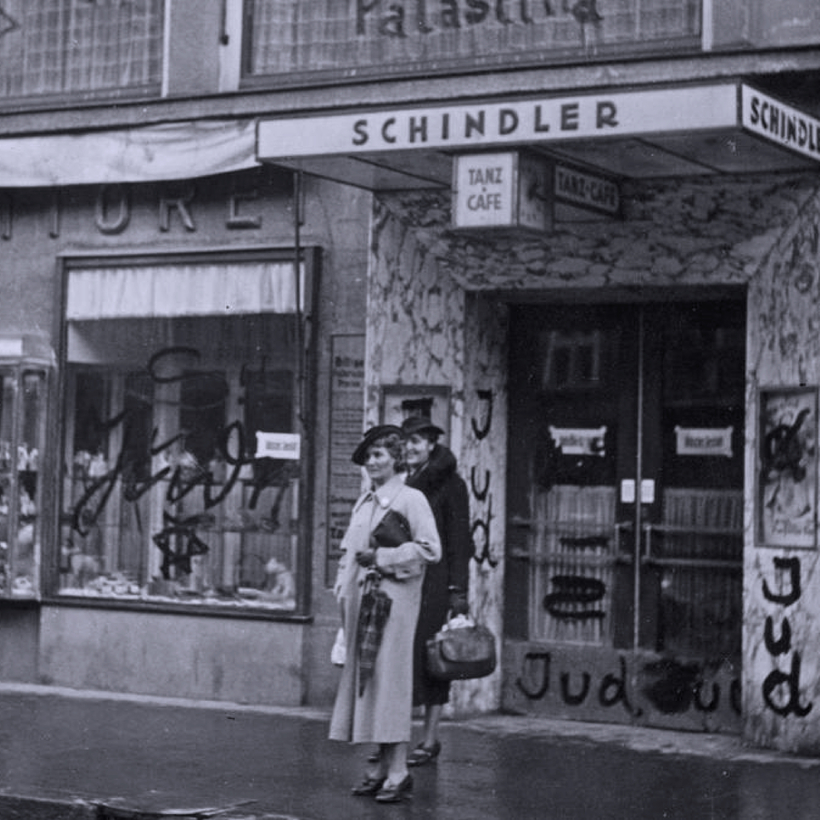When her father died in 2017 Meriel Schindler felt both angry and numb. Kurt Schindler had been a mountebank, who once admitted that he liked “living on the edge”. He only once held down a job, instead making an income by importing reams of products — from jam to vitamin C supplements — only to fail to pay his suppliers. Even when he was sent to jail — served in Brixton, Wandsworth, Maidstone and finally Ford open prison — he was still dreaming up harebrained schemes, and after he was freed he transplanted his family from London to his native Austria, where Meriel and her sister again grew accustomed to hiding from bailiffs.
Kurt blamed his chaotic ways on being forced to watch his father being attacked by Nazis on Kristallnacht. He always told his daughters to hide that they were Jewish.

